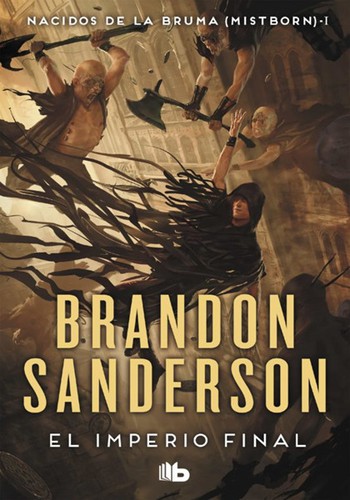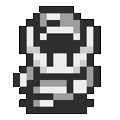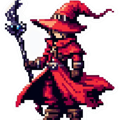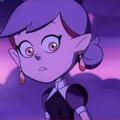VITI reviewed El imperio final by Brandon Sanderson
Buen trasfondo, interesante sistema de magias
4 stars
Por fin me puse con esta saga. El resultado, para mí, es bueno pero me hubiera querido que me gustara mucho más, pero no lo ha conseguido :(
El mundo que se ambienta, la opresión, tanto natural como humana es interesante, clasismo, casta, naturaleza, especies, todo me hace querer saber qué hay más allá de Luthadel y alrededores y por qué todo es así.
El sistema de magias me parece muy original, orgánico, crudo, invisible y en cierto modo, peligroso de manejar. Con un episodio de infodump marcando las claves de su uso.
Pero el argumento del libro es frágil e ingenuo. No me convenció el objetivo final ni su fuerza para llegar a él. Al igual que la evolución de los personajes, tienes que creerte que un personaje ha cambiado por la triquiñuela del pensamiento interno de otros, lo que te fuerza a ver que ha …
Por fin me puse con esta saga. El resultado, para mí, es bueno pero me hubiera querido que me gustara mucho más, pero no lo ha conseguido :(
El mundo que se ambienta, la opresión, tanto natural como humana es interesante, clasismo, casta, naturaleza, especies, todo me hace querer saber qué hay más allá de Luthadel y alrededores y por qué todo es así.
El sistema de magias me parece muy original, orgánico, crudo, invisible y en cierto modo, peligroso de manejar. Con un episodio de infodump marcando las claves de su uso.
Pero el argumento del libro es frágil e ingenuo. No me convenció el objetivo final ni su fuerza para llegar a él. Al igual que la evolución de los personajes, tienes que creerte que un personaje ha cambiado por la triquiñuela del pensamiento interno de otros, lo que te fuerza a ver que ha cambiado, cuando no te ha dado más señales más allá de esas, y eso me ha dado mucha rabia.
Ya tengo el segundo a mano! A ver cómo sigue esta saga :)




